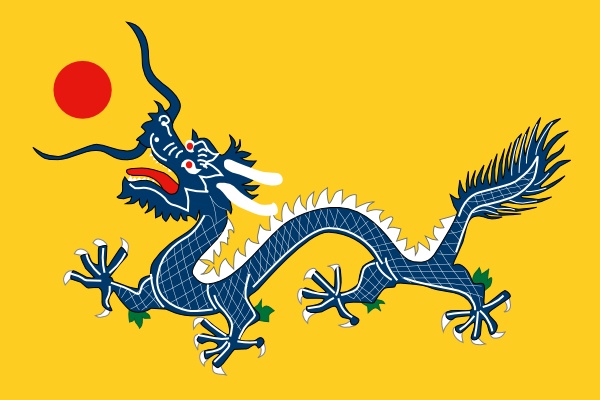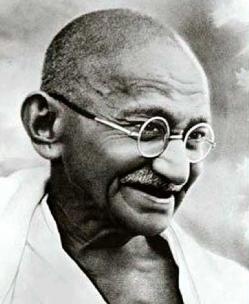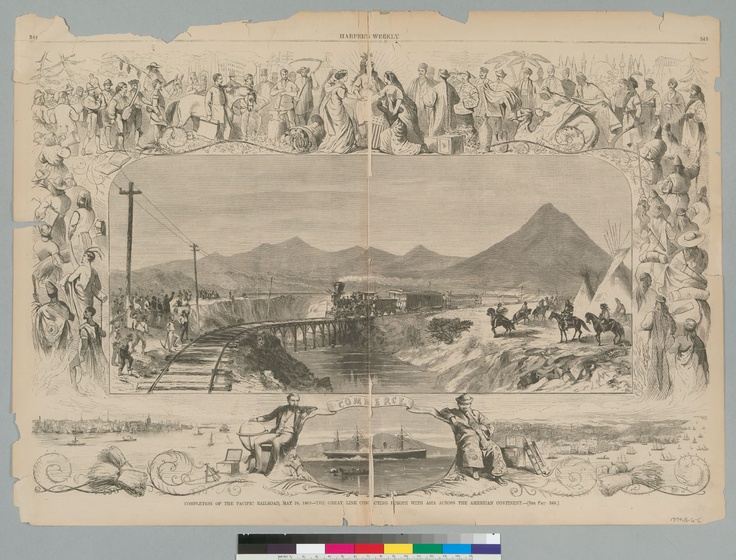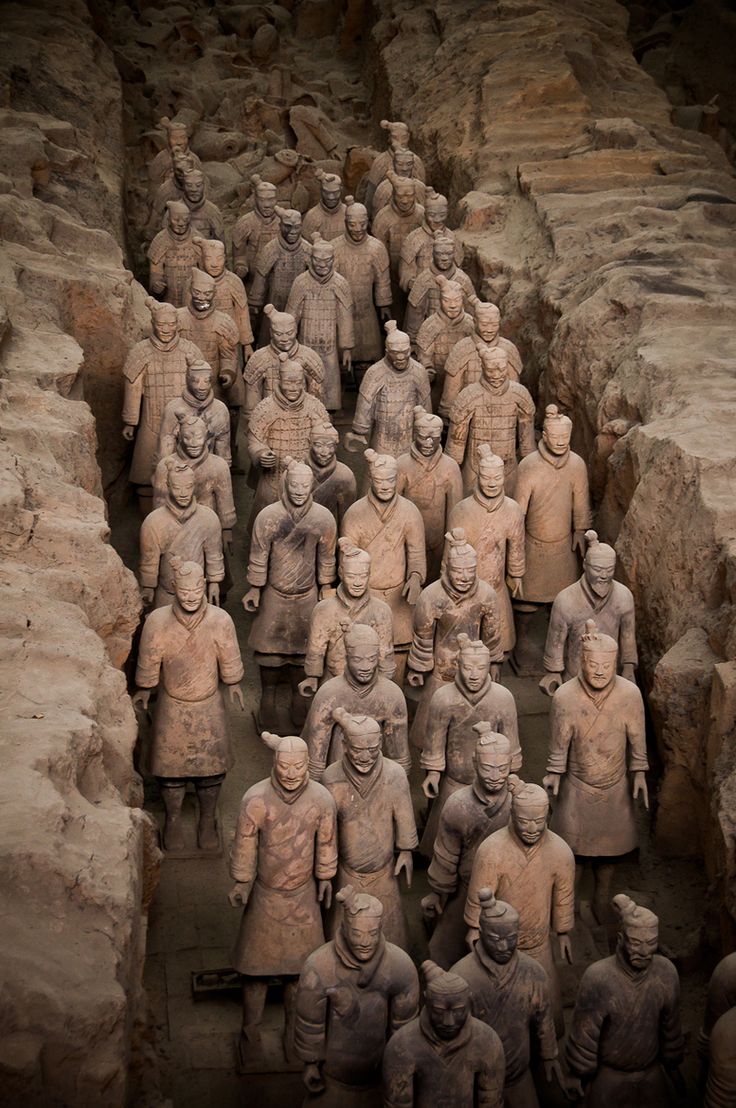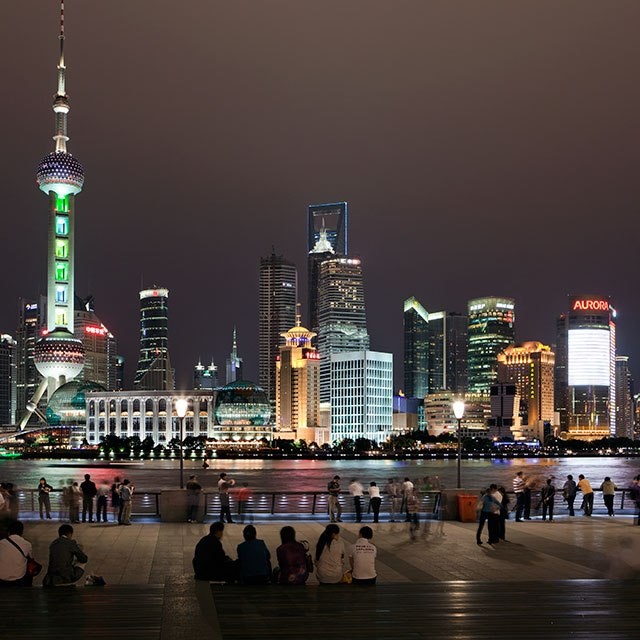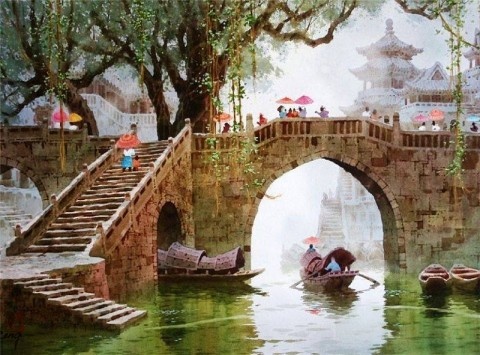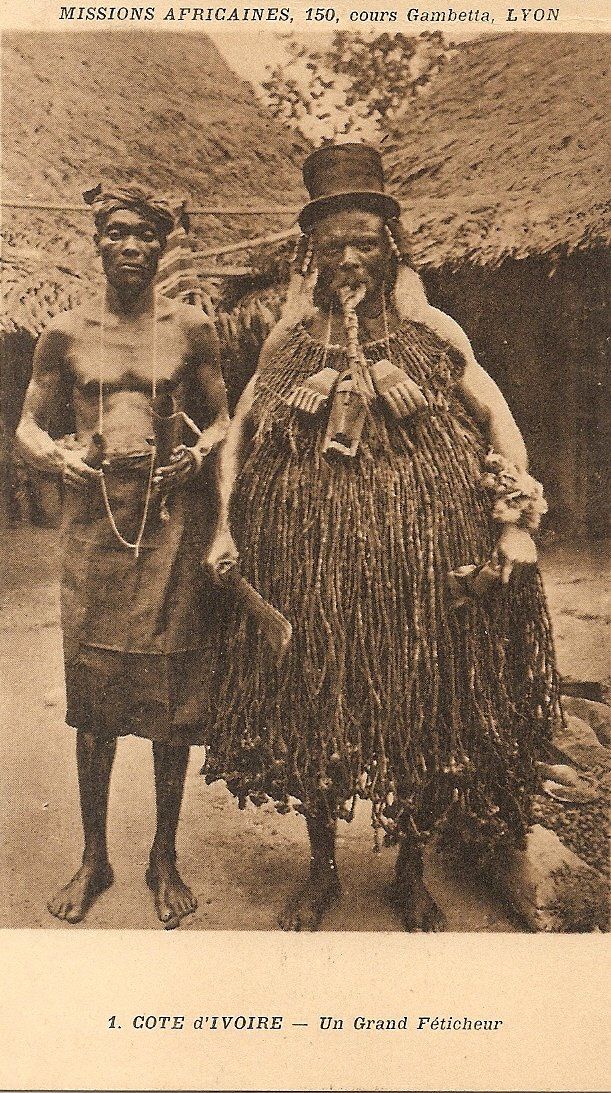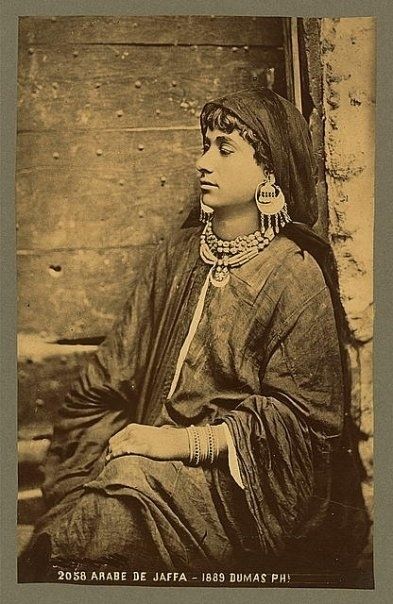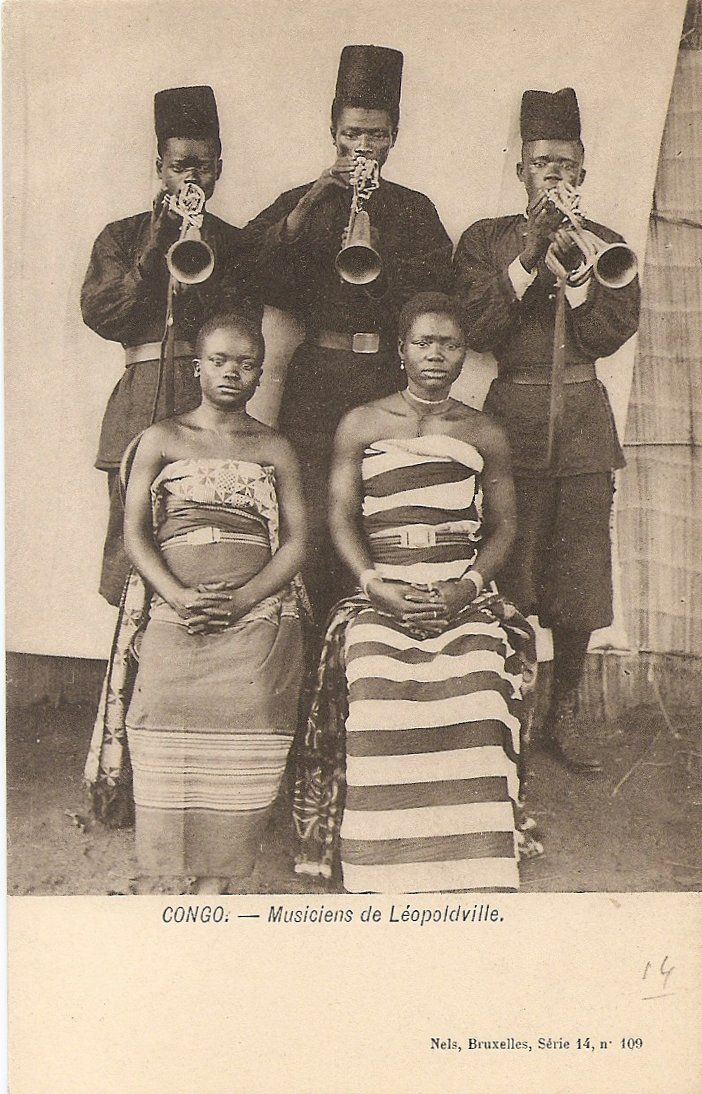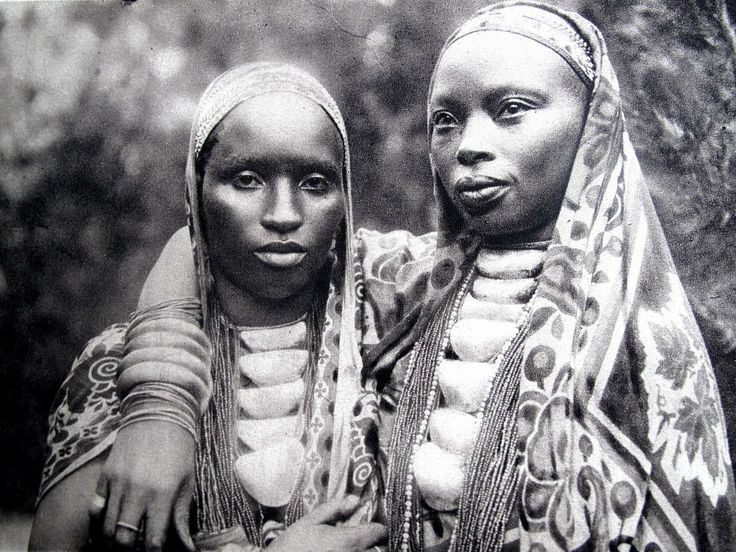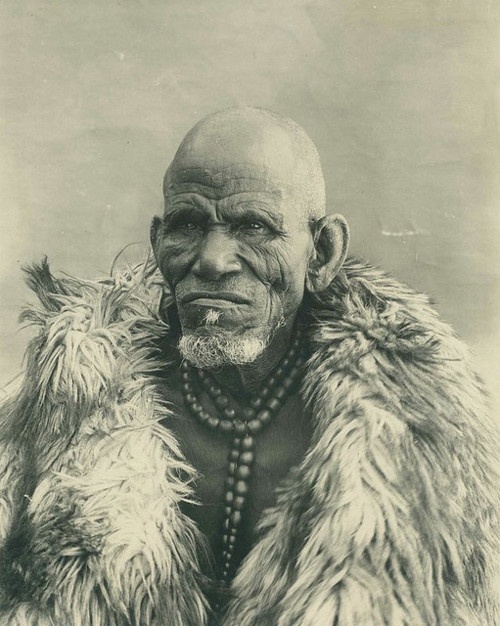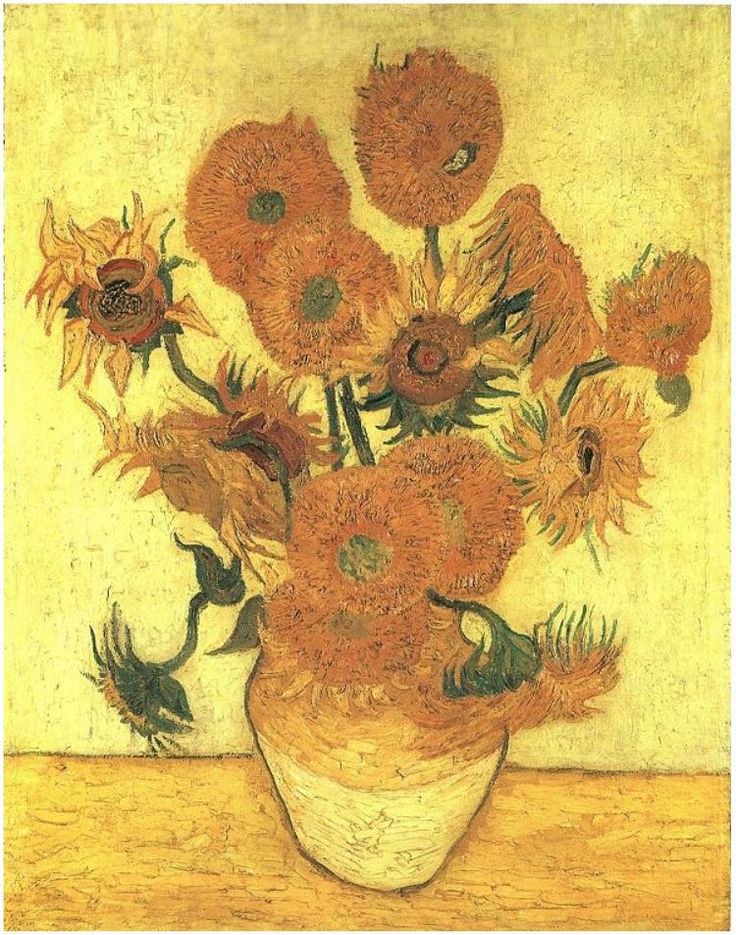EL IMPERIO BRITÁNICO EN ASIA.RUPTURA DE LA «PAZ BRITÁNICA».ESPAÑOL INGLÉS
ESPAÑOL INGLÉS
TRADUCCIÓN: DE PALABRA O FRASE Nº 23
‘ACEPTAR’ verbo TO ACCEPT: No aceptó mi regalo,
HE WOULDN’T ‘ACCEPT’ MY GIFT
******************************************************************
El Imperio británico en Asia
La victoria de las fuerzas de la Compañía Británica de las Indias Orientales (British East India Company) en la Batalla de Plassey en 1757 abrió la provincia india de Bengala al dominio británico, aunque la posterior hambruna (1770) exacerbada por las expropiaciones realizadas por el gobierno provincial fue controvertida en la metrópoli. El siglo XIX vio como el control de la Compañía se extendía sobre toda la India. Tras el motín de 1857 los territorios de la Compañía pasaron a estar bajo la administración de la Corona (1858). La Reina Victoria (1837–1901) fue proclamada Emperatriz de la India Británica en 1876.
Ceilán (actual Sri Lanka) y Birmania se unieron a la lista de territorios británicos en Asia, que se extendían por el este hasta Malasia y, desde 1841, a Hong Kong tras la Primera Guerra del Opio en defensa de las exportaciones de opio de la Compañía al Imperio chino.
Los intereses británicos en China comenzaron a finales del siglo XVIII, cuando el Reino Unido se convirtió en un gran importador de té. El comercio del té creo un déficit que los británicos trataron de corregir exportando opio de la India a China, a pesar de la oposición de las autoridades chinas. El conflicto dio lugar a las Guerras del Opio, en las que el Reino Unido derrotó por dos veces a China.
Tras las Guerras del Opio, el Reino Unido mantuvo unas complejas relaciones con China. Aunque se anexionó Hong Kong, la mayor parte de su comercio con China se regulaba mediante tratados que permitían el comercio a través de un cierto número de puertos. Como resultado, el Reino Unido estaba interesada en mantener un estado chino independiente, ya que su destrucción hubiera abierto la posibilidad de ganancias territoriales para otras potencias occidentales.
A la vez, Reino Unido no quería que el Estado chino fuera demasiado fuerte, ya que ello hubiera supuesto que China pudiera cancelar o renegociar sus tratados. Estos intereses explican la aparente contradicción de las actuaciones británicas respecto de China: Reino Unido apoyó a la dinastía Qing durante la rebelión de Taiping, pero al mismo tiempo, mediante una alianza con Francia, se embarcó en la Segunda Guerra del Opio contra la corte Qing.
Ruptura de la Paz Británica
En su condición de primer país industrializado, Reino Unido fue capaz de conseguir materias primas y mercado en la mayor parte del mundo accesible. Esta situación empeoró gradualmente a lo largo del siglo XIX en la medida en la que otras potencias comenzaron a industrializarse y comenzaron a utilizar la maquinaria del estado para garantizar sus mercados y fuentes de abastecimiento. En los años setenta del XIX, los fabricantes británicos en los sectores clave de la Revolución Industrial, comenzaron a experimentar una competencia real.
La Industrialización progresó rápidamente en el Imperio Alemán y los Estados Unidos, permitiendo a estos países superar el modelo británico y francés del «viejo» capitalismo. Las industrias alemanas en el sector textil y el del metal, habían sobrepasado a las del Reino Unido en 1870, en cuanto a su organización y eficiencia y habían derrotado a los fabricantes británicos en su mercado nacional. Con el cambio de siglo, la industria alemana estaba produciendo para el antiguo «taller del mundo».
Mientras que las exportaciones invisibles (banca, seguros y transporte de mercancías) mantuvieron al Reino Unido a salvo de los números rojos, su porción en el comercio mundial pasó de ser un cuarto del mismo en 1880 a un sexto 1913. El Reino Unido estaba perdiendo no sólo los mercados de los países que se estaban industrializando, sino también la competición por los mercados de terceros países menos desarrollados. Incluso comenzaba a perder su hegemonía en zonas como la India, China, América del Sur o las costas de África.
Las dificultades comerciales del Reino Unido se agudizaron con la «Larga Depresión» de 1873–1896, un período prolongado de deflación, acentuado por las continuas quiebras de negocios que añadieron presión para que los gobiernos favorecieran la industria nacional, lo que condujo al masivo abandono del libre comercio entre las potencias europeas (en Alemania desde 1879 y en Francia desde 1881).
La limitación tanto de los mercados nacionales como de las exportaciones que se produjo como resultado hizo que los gobiernos y los sectores económicos, tanto de Europa como de los Estados Unidos, vieran la solución en mercados de ultramar protegidos que actuaran unidos al mercado nacional, defendido por aranceles y barreras aduaneras: las colonias ofrecerían un mercado para las exportaciones, a la vez que proveerían a la metrópoli de materias primas baratas. Aunque adherida al libre comercio hasta 1932, Reino Unido se unió al nuevo ímpetu por un renovado imperio formal, lo cual era preferible a permitir que sus áreas de influencia fueran tomadas por el comercio de las potencias rivales.
*****************************************************
The British Empire in Asia
The victory of the forces of British East India Company (British East India Company) in the Battle of Plassey in 1757 opened the Indian province of Bengal to British rule, but subsequent famine ( 1770 ) exacerbated by the expropriations carried out by the provincial government was contested in the metropolis. The nineteenth century saw the control of the Company spanned across India. After the mutiny of 1857 the territories of the Company came under the administration of the Crown ( 1858 ). The Queen Victoria ( 1837 – 1901 ) was proclaimed Empress of British India in 1876 .
Ceylon (now Sri Lanka ) and Burma joined the list of British territories in Asia, extending as far east as Malaysia and since 1841 , to Hong Kong after the First Opium War in defense of exports of opium from Company at the Chinese Empire .
British interests in China began in the late eighteenth century, when the United Kingdom became a major importer of tea . The tea trade deficit believe that the British tried to correct exporting opium from India to China, despite opposition from the Chinese authorities. The conflict led to the Opium Wars, in which the UK twice defeated China.
After the Opium Wars, the United Kingdom maintained a complex relationship with China . Although annexed Hong Kong , most of its trade with China was regulated by treaties that allowed trade through a number of ports. As a result, the UK was interested in maintaining an independent Chinese state, as their destruction would open the possibility of territorial gains for other Western powers.
At the same time, UK did not want the Chinese state was too strong, as this would have meant that China could cancel or renegotiate their treaties. These interests explain the apparent contradiction of British actions towards China: United Kingdom supported the dynasty Qing during the Taiping Rebellion, but at the same time, through an alliance with France , embarked on the Second Opium War against the Qing court .
Rupture of the British Peace
As a first industrialized country, the United Kingdom was able to get raw materials in the market and most of the world accessible. This situation gradually worsened throughout the nineteenth century to the extent that other powers began to industrialize and began using the state machinery to ensure its markets and sources of supply. In the seventies of the nineteenth century, the British in the key sectors of the Industrial Revolution, manufacturers began to experience real competition.
Industrialization progressed rapidly in the German Empire and the United States , allowing these countries to overcome the British French «old» model and capitalism. German industries in textiles and metal, had surpassed the UK in 1870 , in terms of organization and efficiency and had defeated the British manufacturers in the domestic market. With the turn of the century, German industry was producing for the former «workshop of the world».
While invisible exports (banking, insurance and freight) maintained the UK safe from the red, its share in world trade grew from the same quarter in 1880 to a sixth 1913 . The United Kingdom was losing not only the markets of the countries that were industrialized, but also competition for markets less developed third countries. Even beginning to lose its hegemony in regions such as India, China, South America and the coasts of Africa.
The UK commercial difficulties were exacerbated with the «Long Depression» of 1873 – 1896 , a prolonged period of deflation, heightened by the continuing business bankruptcies added pressure for governments favoring domestic industry, which led to massive abandonment free trade between the European powers (in Germany since 1879 and in France since 1881 ).
The limitation of both domestic markets and exports that occurred as a result made governments and economic sectors in both Europe and the United States, saw the solution in overseas markets protected to act united the domestic market, defended by tariffs and trade barriers: the colonies would provide a market for export, while the metropolis would provide cheap raw materials. While adhering to free trade until 1932 , the United Kingdom joined the impetus for a renewed formal empire, which was preferable to allowing their areas of influence were taken by trading rival powers.
FUENTE QUE UTILIZO: http://es.wikipedia.org
